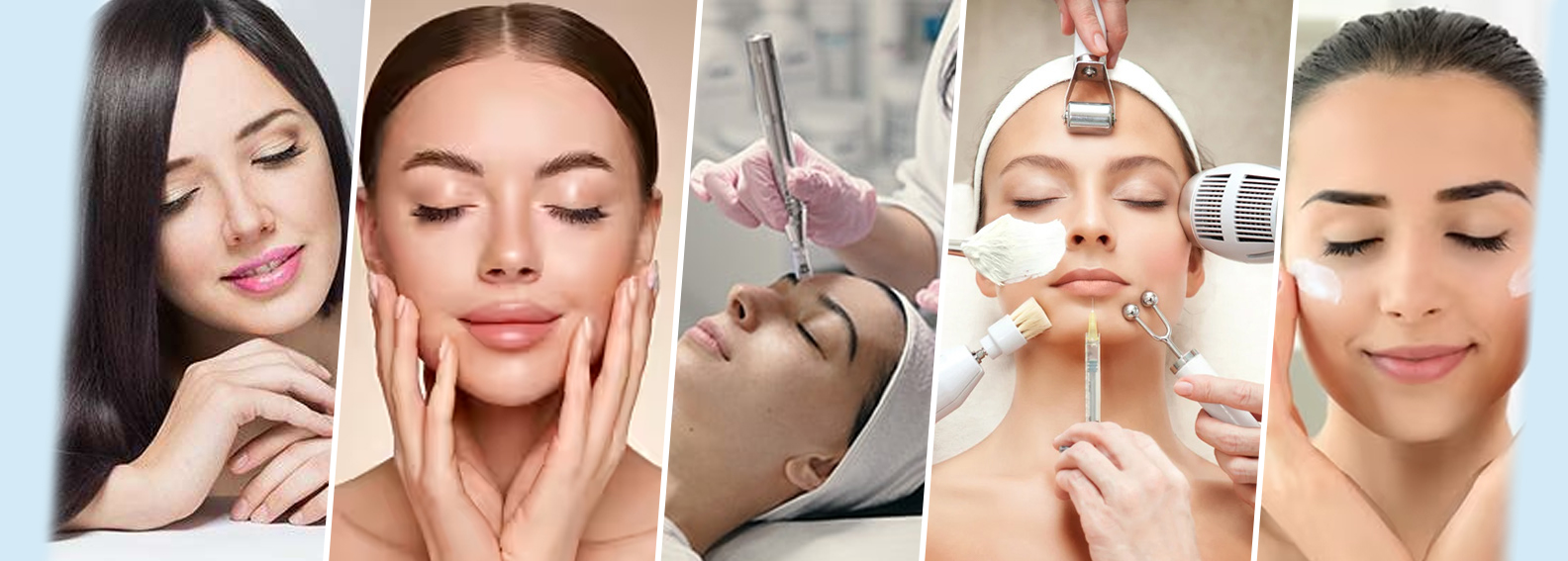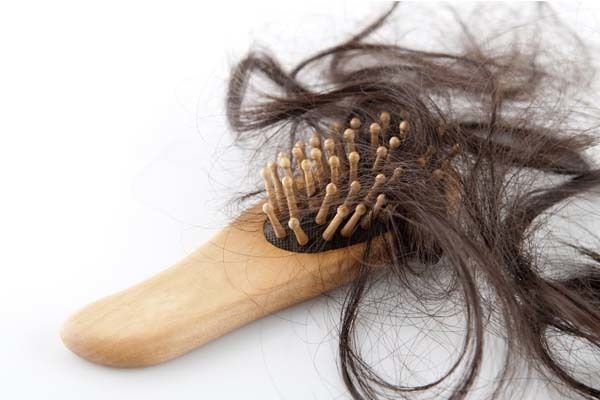Understanding Hair Fall: Unveiling Causes and Effective Solutions
Hair fall is a common concern that affects people of all ages and genders. Experiencing excessive hair loss can be distressing, impacting self-esteem and overall well-being. However, understanding the causes of hair fall and implementing effective solutions can help combat this issue. In this blog, we will delve into the various factors contributing to hair fall and explore practical solutions to promote healthier, fuller hair.
The Causes of Hair Fall:
a) Genetic Factors: One of the primary causes of hair fall is genetics. If you have a family history of pattern baldness or androgenetic alopecia, it increases the likelihood of experiencing hair loss.
b) Hormonal Changes: Hormonal imbalances, such as those occurring during pregnancy, childbirth, menopause, or thyroid disorders, can trigger hair fall. The fluctuation in hormone levels affects the hair growth cycle, leading to increased shedding.
c) Nutritional Deficiencies: A lack of essential nutrients, such as iron, zinc, biotin, and vitamins A, C, and E, can contribute to hair fall. Inadequate intake or absorption of these nutrients deprives the hair follicles of the necessary support for healthy growth.
d) Scalp Conditions: Certain scalp conditions, such as dandruff, scalp psoriasis, or fungal infections, can cause inflammation and weaken the hair follicles, leading to hair fall.
e) Stress and Lifestyle Factors: Chronic stress, poor sleep patterns, improper hair care routines, excessive heat styling, and chemical treatments can all contribute to hair fall. These factors weaken the hair strands and hinder healthy growth.
Effective Solutions for Hair Fall:
a) Nutritious Diet: Ensure your diet is rich in protein, fruits, vegetables, and whole grains. Include foods like eggs, nuts, spinach, salmon, and avocados, which provide essential nutrients for hair health.
b) Hair Care Practices: Handle your hair gently, avoiding harsh brushing, tight hairstyles, and excessive heat styling. Use a wide-toothed comb, and opt for heat protectant sprays when using styling tools. Regularly clean and condition your scalp to maintain a healthy environment for hair growth.
c) Scalp Care: Treat underlying scalp conditions by using medicated shampoos or seeking professional advice. Regular scalp massages with natural oils like coconut or almond oil can improve blood circulation and nourish the hair follicles.
d) Supplements: Consult a healthcare professional to determine if supplements like biotin, vitamin D, or iron are necessary to address any nutrient deficiencies contributing to hair fall.
e) Stress Management: Incorporate stress-management techniques such as exercise, meditation, and engaging in hobbies to reduce stress levels. Adequate sleep and relaxation are crucial for healthy hair growth.
f) Professional Treatments: In severe cases of hair fall, consider professional treatments like PRP (Platelet-Rich Plasma) therapy, laser therapy, or hair transplantation. These treatments can help stimulate hair growth and restore volume.
Patience and Consistency:
It's important to note that hair regrowth takes time and patience. Consistently implementing healthy habits and following a comprehensive hair care routine will yield better results in the long run. Be realistic in your expectations and stay committed to maintaining a healthy scalp and hair.
Conclusion:
Hair fall can be a distressing experience, but with a thorough understanding of its causes and implementing effective solutions, you can regain control over your hair health. Adopting a nutritious diet, practicing gentle hair care, addressing scalp conditions, managing stress, and considering professional treatments when necessary are key steps toward promoting healthier, fuller hair. Embrace your hair care journey and take proactive measures to nurture your locks, fostering confidence and well-being.


